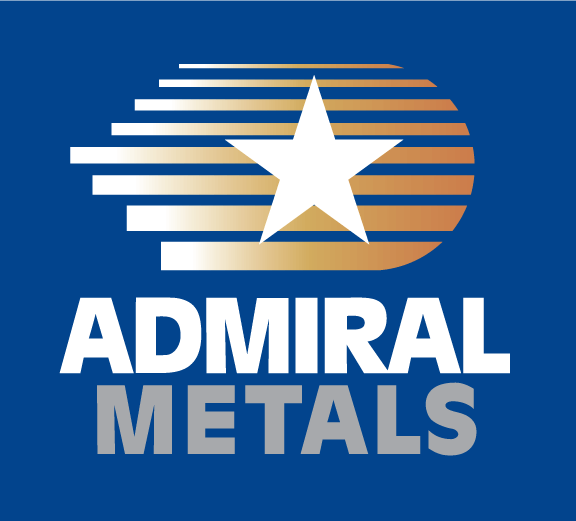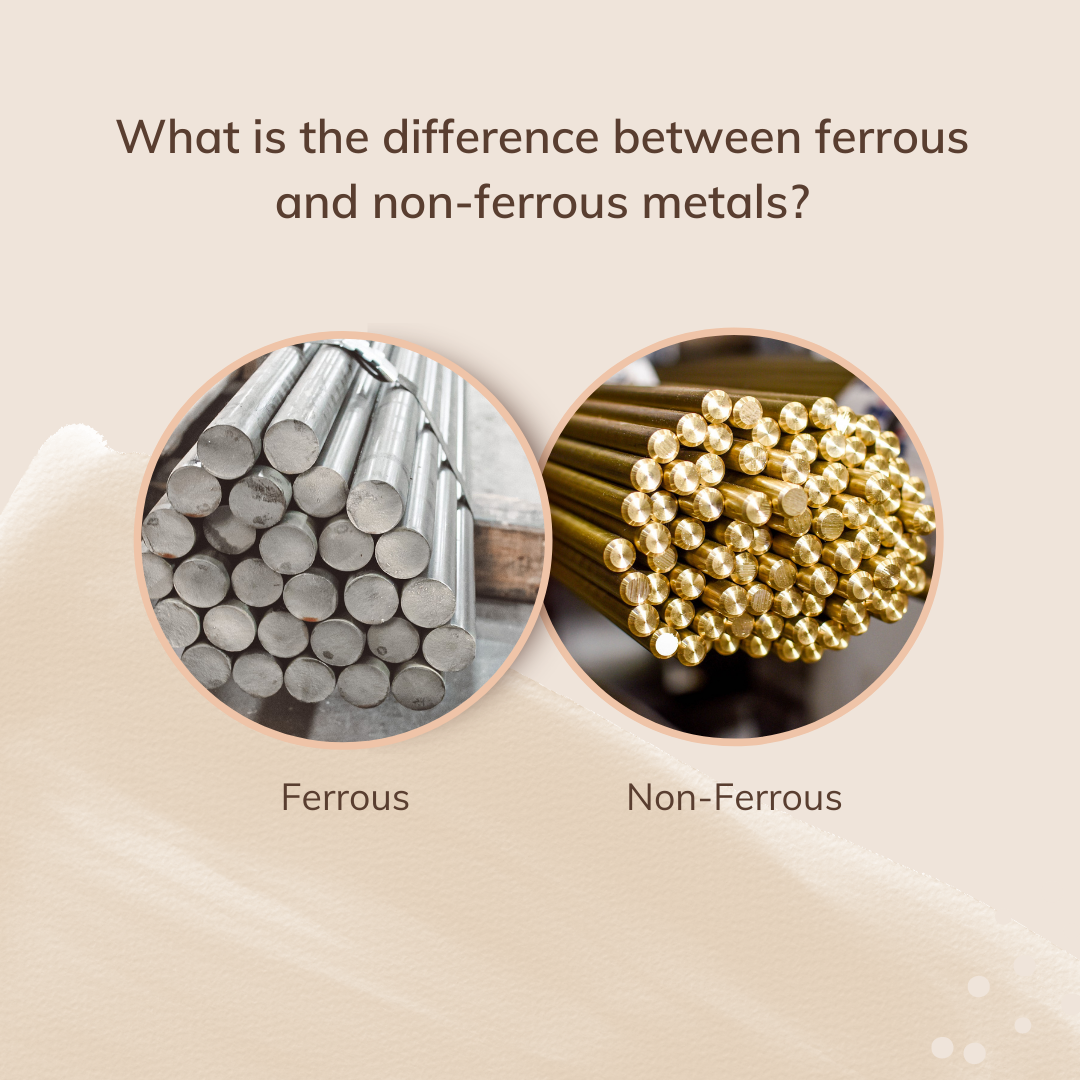![]()
In recent years, there has been increasing international focus on “conflict minerals” originating from mining operations in the Democratic Republic of the Congo (DRC) and neighboring countries. At more than 50{41f8e085fc68038a2da2699f98ad8aea8b7e87e25f742017f6f76a0b55118d3c} of these mining sites, armed militias are present, illegally taxing and extorting civilians, and using earnings from the sale of these minerals to fund regional conflicts. Miners, including children, work up to 48-hour shifts amidst mudslides and tunnel collapses; murders are frequent as is rape of women and young girls. According to the International Rescue Committee, an estimated 5.4 million people have died in the DRC since 1998. “Conflict minerals” are helping to fuel one of the world’s deadliest conflicts.
At issue are four specific minerals, also known as 3T’s and gold: columbite-tantalite (a metal ore from which tantalum is extracted), cassiterite (important in the production of tin), wolframite (a source of tungsten); and gold. These minerals are often mined for their use in electronic products. Refined columbite-tantalite is used in cellphones and giant turbines; cassiterite in circuit boards; wolframite/tungsten, used in light bulbs and machine tools; and gold is used in wiring as an electronic conductor, as well as in jewelry.
A combination of public pressure from advocacy groups and section 1502 of the Dodd-Frank Act, passed by Congress in 2010, is helping to shed light on the issue of conflict metals where once companies had turned a blind eye. The Act requires all US and foreign companies reporting to the Securities and Exchange Commission (SEC) to disclose annually whether certain minerals necessary to the functionality or production of a product manufactured or contracted to be manufactured by the company, originated in the DRC. They must describe the products manufactured as “DRC Conflict Free,” “Not DRC Conflict Free,” or “DRC Conflict Free Undeterminable” (conflict free products are defined in the Act as those that do not finance or benefit armed groups). The law applies to the four minerals originating (or claimed to originate) from the DRC as well as the nine neighboring countries: Angola, Burundi, Central African Republic, Congo Republic, Rwanda, Sudan, Tanzania, Uganda, and Zambia, accounting for up to 20{41f8e085fc68038a2da2699f98ad8aea8b7e87e25f742017f6f76a0b55118d3c} of the world’s supply of the four minerals. If conflict minerals are discovered (or if it is not possible to determine the country of origin), companies would be required to reveal this in their annual report to the SEC with public disclosure including links to the actual report on their websites.
Intel, Motorola, and HP have already taken significant steps to inspect and adjust their supply lines to avoid tainted sources of conflict metals. As a result of the efforts of these companies as well as others within the technology sector, significant progress has been made in the DRC. According to The Enough Project, demand for three of four of these conflict metals has dropped 65{41f8e085fc68038a2da2699f98ad8aea8b7e87e25f742017f6f76a0b55118d3c} over the past two years.
Yet, this provision in the Dodd-Frank Act remains controversial. Many companies not directly regulated by the SEC will be impacted because information/audit requirements will be pushed down through entire supply chains, including privately-held and foreign-owned companies. This means that 195,000 businesses, including many in the industrial metals industry, could be held to some level of supply chain traceability. Not only does the issue of compliance come at an enormous cost, in commodity markets such as ours, making public the information about supply lines often removes competitive advantage. In addition, the law has been criticized by many for not addressing the root causes of the conflict, leaving to the Congolese government the responsibility of providing an environment in which companies can practice due diligence and legitimately purchase the minerals they need. The effect has been to stall legitimate mining operations that provide livelihoods for people, reducing the Congo’s legal mineral exports by 90{41f8e085fc68038a2da2699f98ad8aea8b7e87e25f742017f6f76a0b55118d3c}.
However, we envision more regulation to come causing companies to be more transparent about their supply chain specifically with regard to use of slave labor, environmental stability, corrupt practices, as well as conflict minerals. At Admiral Metals, we hope to help keep you, our customers, informed of these industry-related issues as they arise. You can be assured, as a distributor of metal products, we will continue to perform due diligence with our suppliers and will expect them to establish compliance.
For more regarding Dodd-Frank/conflict mineral requirements, we found an excellent executive summary written by KMPG.
Wishing you the very best in business,
![]()
What is the future of the workplace?
This last year and half have been filled with uncertainty whether you are a company owner or an employee working for someone else. During...



